28 Oct Futurus Celebrates 6 Years
Once again, we are thrilled to celebrate another year as a company, and each year we like to find creative ways to acknowledge the occasion. Since we are celebrating 6 years, we thought it would be fun to ask the team what they predicted would happen in the next 6 years in the XR industry. Here are our predictions.
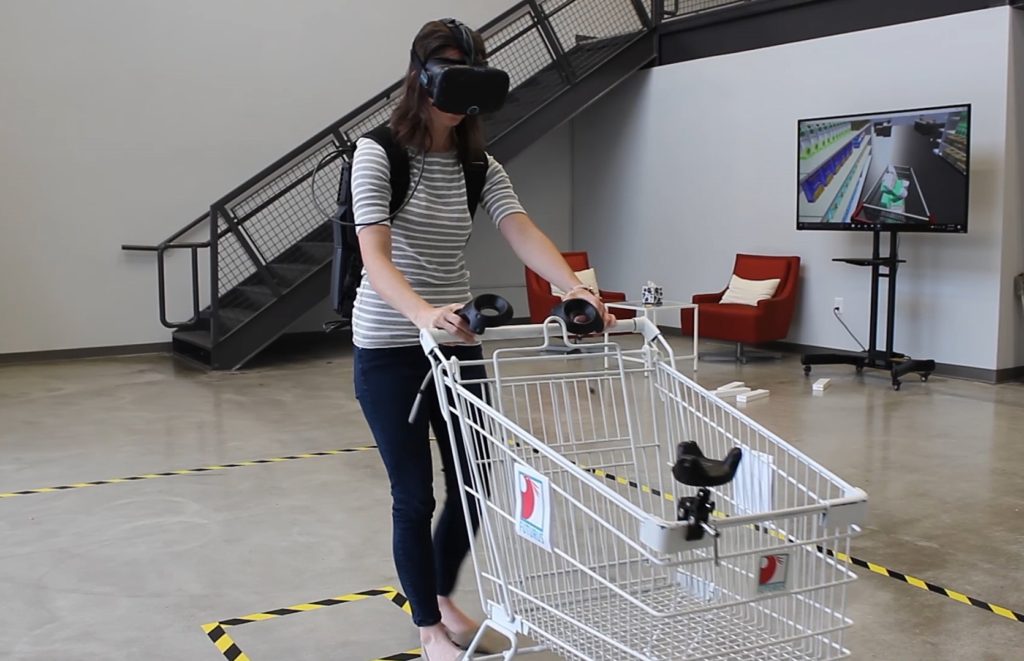
Amy Stout
My hope is that hardware manufacturers incorporate foot tracking into headsets. There are add-ons like the Vive Trackers that can be attached to shoes, but there are quite a few barriers to making them compatible with experiences. In the next six years, I’m looking forward to being able to kick a ball or knock out an enemy using more than just my fists.
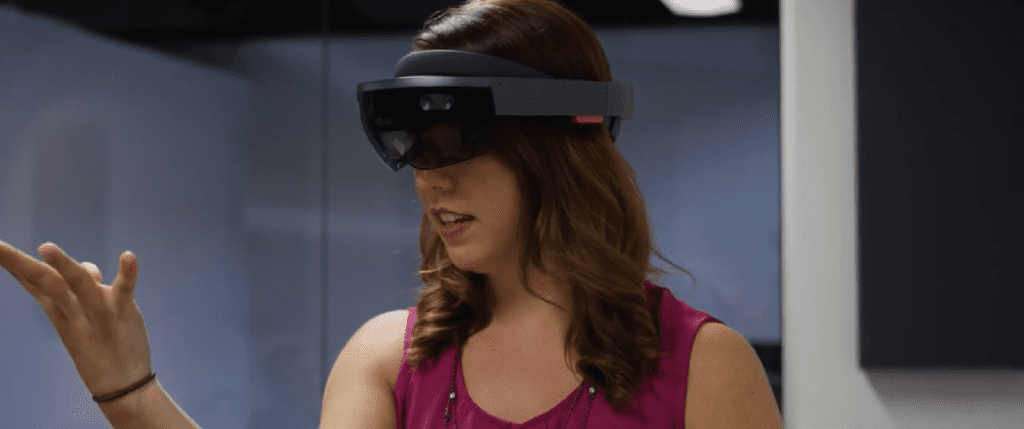
Annie Eaton
I’m looking forward to Extended Reality (XR) and Immersive Technology to be ubiquitous in our daily lives. We’re rapidly moving towards that future with these technologies already present in so many aspects of our lives. Augmented reality is already found everywhere with such ease of access in modern smartphones. But that does bring us to the “next step” – wearables. AR wearables have launched to minor adoption, but as soon as Apple or Facebook release glasses, adoption rates will skyrocket. By 2026, we may see contact lenses!

Chan Grant
I have a notion that rubber ducks will become sentient.

Jamie Lance
I would like to see better protection for devices picking up everything you say and sometimes think! It has been both concerning and entertaining. For example, I had a conversation about wigs and dogs, you know, just a normal conversation with a friend, and the next thing I saw when I picked up my phone was targeted ads for dog wigs. While that was very helpful and funny, I couldn’t help but feel a little nervous. I understand people have their reservations about AR smart glasses for the same reason I felt like everything was listening to me, and I am happy to hear that Facebook will be addressing these privacy concerns.
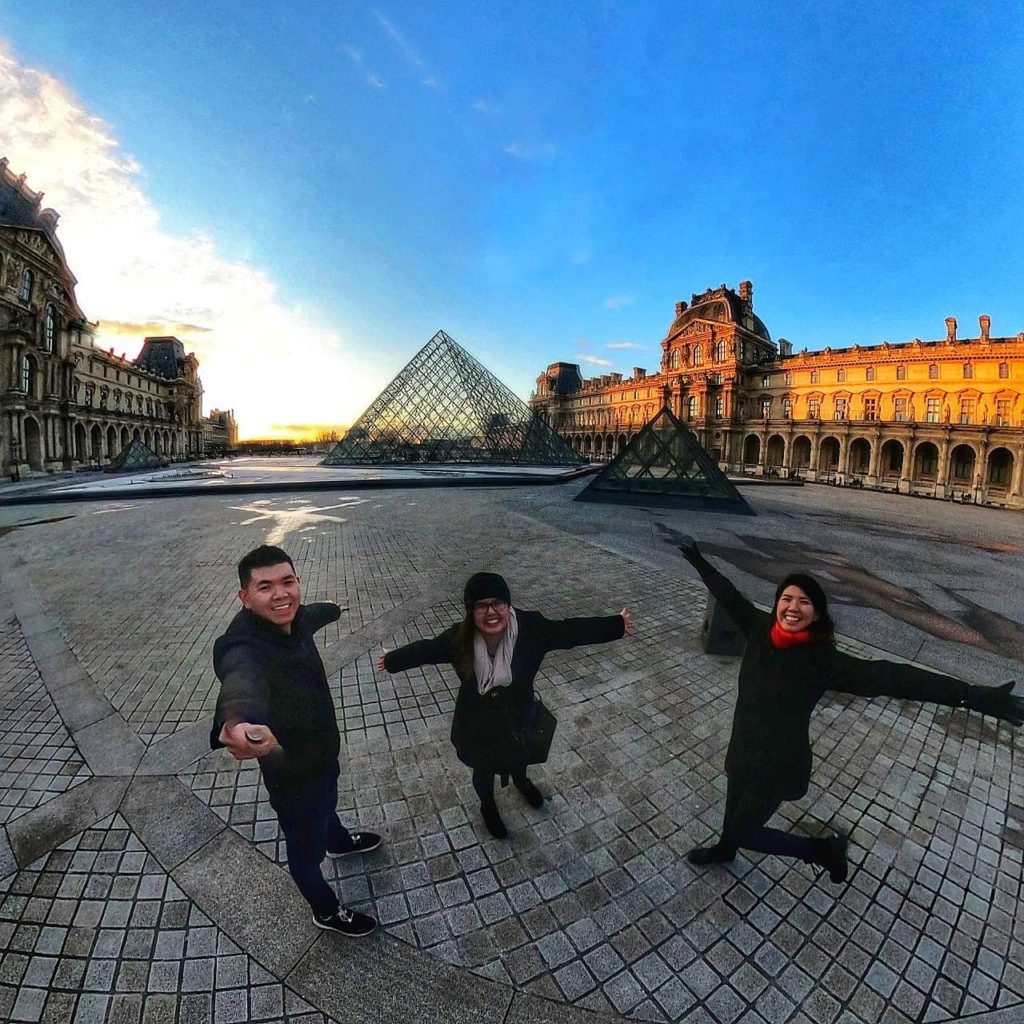
Jane Nguyen
As a person who loves to explore by traveling the world, I sympathize with the current fragile environment that the travel and tourism industry is currently facing during our global pandemic. I believe that virtual reality is the long-term solution to recoup losses and save countries, institutions, businesses big to small from permanently shutting down. While an increasing number of museums, popular tourist destinations, and airlines were already incorporating VR into their programs to spread awareness and preserve stories prior to the pandemic, it is ever more important, and a wise business decision to continue that push for more content as VR maintains its upward trend in adaptability, affordability, and accessibility. While the beauty and excitement of exploring a new place and culture, meeting new people, and facing different experiences is extremely personal and intimate, I predict in 6 years that VR will be customized to each person’s interests by connecting to a live tour guide or remote controlling a robot that allows you to feel all the sensations as you would if you were there. Virtual haptics, visual, and audio technology will be much more advanced, and perhaps we will have better smell and taste experiences then too. Our world is going seem a lot smaller as soon as we will have more at our fingertips to explore virtually, and with it comes a greater sense of understanding, empathy, and open-mindedness as we connect in new ways.

Peter Stolmeier
Wireless transmitting from high-end PCS will be available, making a stand-alone and pc headset finally become one unit. I also predict an increase with specialized haptic gear. Several flight simulators have launched this year, and the demand for it will be higher than ever. We’ll be able to go out, but we won’t want to.
We are on the cusp of a new revolution in battery technology. Much like the change to lithium-ion in the 90’s we’re about to see an order of magnitude increase in storage of power that will make what we have now look primitive. Expect handheld devices like smartphones to last all day, if not longer, and expect them to be able to recharge in minutes with no degradation over time.
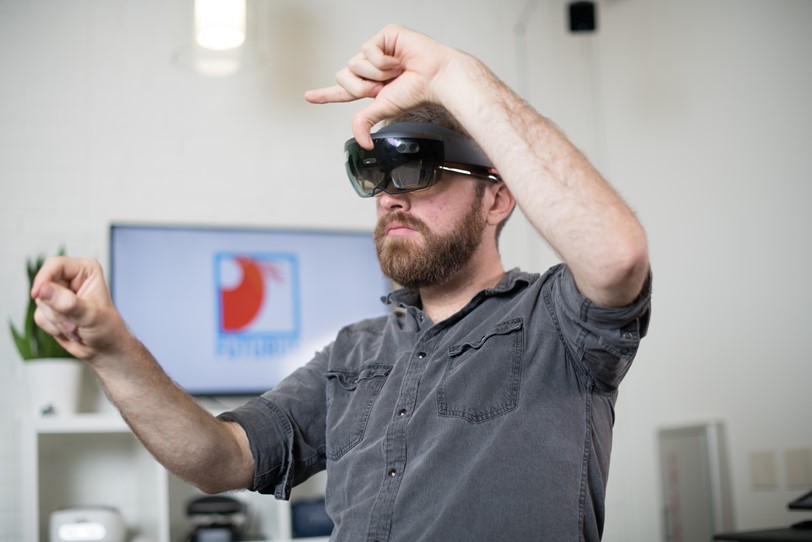
Pierce McBride
I anticipate inter-operability between existing operating systems and technologies platforms to continue to expand in the next 6 years. We can already see that the winning strategy among consumers has been everywhere the consumer is and might be. Communication platforms like Discord and WhatsApp, entertainment platforms like Netflix, and games like Minecraft and Fortnite have taught people, especially young people, to expect that they can share experiences with their friends regardless of the technology they are using. We can already see the fruit of that expectation taking hold now with the exploding popularity of experiences like Among Us, which is cross-compatible between mobile and PC, or Microsoft’s push for cross-compatibility between PC and Xbox all new titles.
This change didn’t spring up overnight, though. Trends in software development towards shared frameworks and hardware preceded it and are likely to continue. More and more 3D and even 2D experiences are built upon cross-platform development frameworks like Unity, Unreal, and React. 3D source assets are consolidating around cross-compatible formats like FBX. Lastly, the underlying hardware is collapsing into ARM CPU architectures on PC and Mac laptops, which only simplifies and encourages the unification of development frameworks and assets. If it continues spinning, that flywheel will result in the vast majority of ubiquitous computing devices running many of the same operating systems, on the same types of hardware, following the same communication protocols and developers building for all of them from the same frameworks and the same assets.
In my mind, the efficiency gains for developers paired with that newly set consumer expectation will force the smart platform holders to open and allow developers to build experiences that run everywhere and communicate between everybody. We’ll likely never reach the true “build once, run everywhere” nirvana, but these trends suggest that the future winning computing platforms and developers will be open between each other, and the losers will wither in their walled gardens.

Shelby Vecchio
With the current circumstances, I hope VR’s benefits for the classrooms become more apparent to the mainstream and lighting a fire for the demand for upgrading technical content and hardware within classrooms. Having companies create a library or template of VR educational content paired with attainable hardware would bring another engaging tool to the classroom. It would be a great alternative for many facets, whether in science class, replacing the dissection of animals with a virtual representation, or in social studies using the tool to transport the students in time or place to gain a better perspective of our world. Although textbooks serve as an excellent tool for learning material, VR would be a great addition to further engage students who may be more susceptible to kinetic learning.

Shelby Marie Vaughn
I hope to see the accessibility of XR expanded and diversity in immersive content in the near future. It would be nice to see AR components built into cell phones or mobile devices without using third-party apps. Immersive technology has proven to be an effective tool for creating empathy. I’d love to see a wide range of stories being told from different cultures and walks of life.

